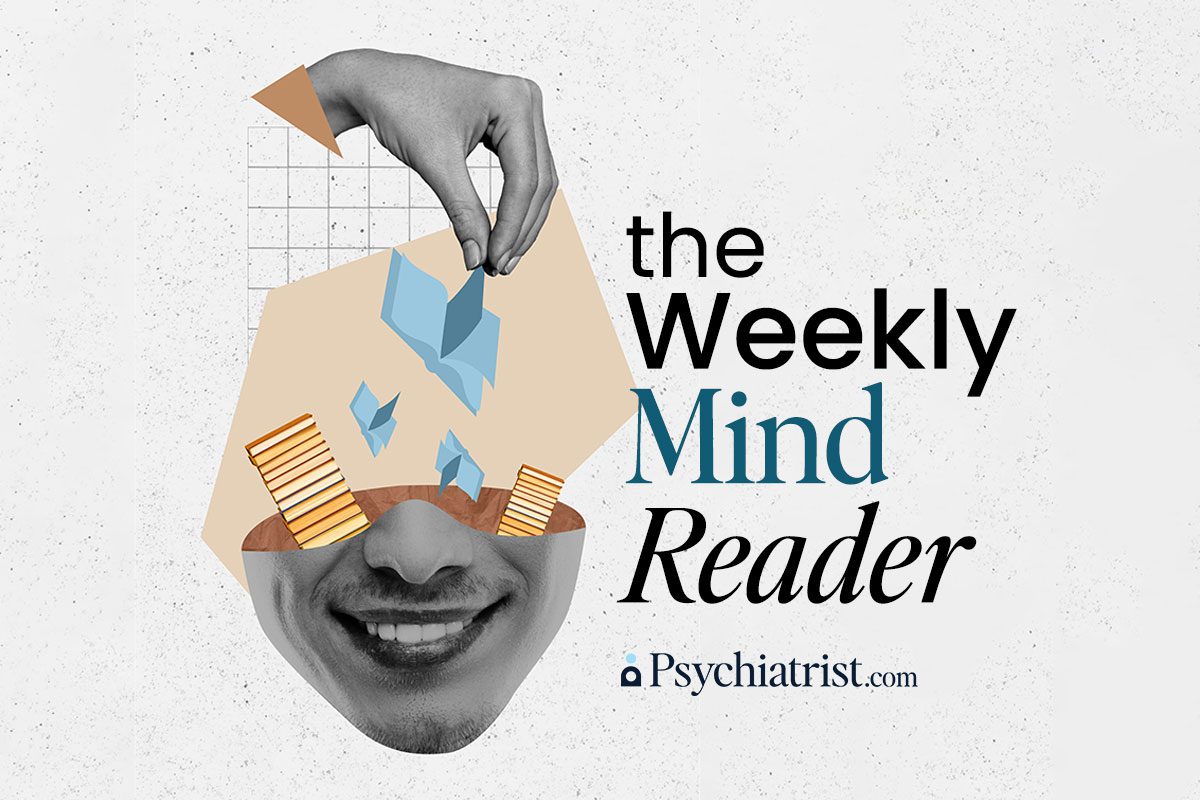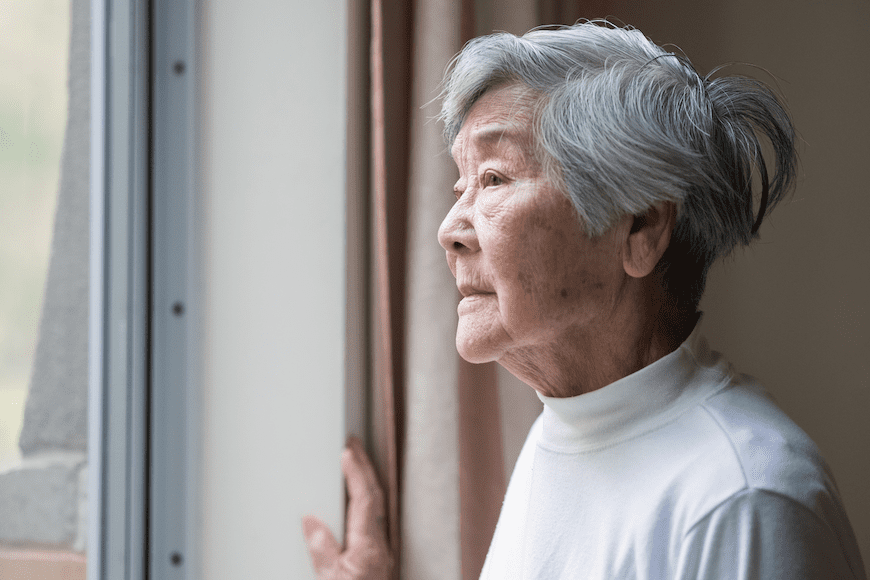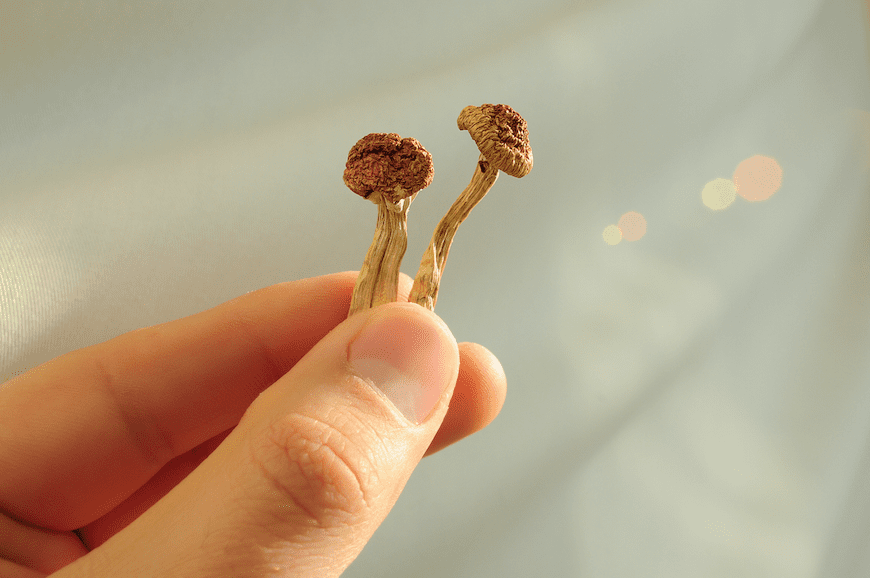Researchers believe that when the subcallosal cingulate gyrus (SCG) area of the brain isn’t functioning properly, it can contribute to the development of depression. Understanding the SCG’s involvement in depression, and how the condition can be managed, could lead to new therapies, particularly for treatment-resistant depression (TRD).
Study Findings
In a long-term follow-up study recently published in The Journal of Clinical Psychiatry, researchers delved into the effectiveness and safety of deep brain stimulation (DBS) targeting the SCG for the treatment of patients with TRD.
The investigators followed a cohort of 28 subjects diagnosed with TRD who underwent SCG DBS for an average duration of 8.5 years. They found that SCG DBS resulted in 60 percent of participants achieving a response, with 36 percent achieving remission. Even more promising, the improvements held up in the long-term follow-up period.
When considering safety, the researchers noticed no severe adverse events associated with the DBS procedure or stimulation. However, a subset of participants did report mild to moderate side effects including headaches and anxiety. For the most part, these negative reactions were easily managed.
Overall, the study suggested that SCG DBS may be a viable alternative for individuals with TRD. While the researchers call for further study to replicate their findings, they said this is an encouraging start. In the future, researchers could use neuroimaging techniques to investigate the changes in brain activity associated with SCG DBS. This would help identify potential biomarkers that predict response, the researchers said.
The researchers emphasized the importance of actively exploring new solutions for depression. While common antidepressants and psychotherapy are effective for many patients, a significant number still face challenges.
Around one-third of individuals with major depressive disorder (MDD) may develop TRD, with up to 20 percent experiencing a chronic course. Additionally, studies indicate that a considerable proportion of patients with bipolar disorder (BD) suffer from prolonged depressive episodes.
Beyond the emotional distress, TRD patients endure higher rates of recurrences, disability, morbidity, mortality, and suicidal tendencies. Although treatments such as ketamine or esketamine and electroconvulsive therapy (ECT) have shown some efficacy, there’s still a debate about how long their benefits last. DBS could be a compelling alternative for severe and treatment-resistant forms of TRD.
IN OTHER PSYCHIATRY AND NEUROLOGY NEWS THIS WEEK
- The VITAL trial returned disappointing results for vitamin D3 and omega-3s in the selective prevention of late-life depression.
- In a letter to the editor, Azienda Ospedaliero Universitaria Pisana researchers said there is not enough data to show a link between suicide risk and the drug daridorexant.
- Quality improvement interventions provided powerful reminders of the second generation antipsychotics monitoring guidelines that improve the metabolic monitoring behaviors for all patients on those medications.
- Schizophrenia is hard to treat in general. This report describes the difficulties encountered on a daily basis when the patient with schizophrenia is incarcerated.
- A new compound dubbed “Ozempic for the brain” could lead to novel Parkinson’s disease treatments. It worked in rats. Now for human trials.
- Our Tweet of the Week shares a critically important message in healthcare from The 15 White Coats.
Representation matters! When patients see healthcare professionals who look like them, it fosters trust, enhances communication, and leads to better health outcomes. #RepresentationMatters #MedTwitter pic.twitter.com/BGZrCGdfB2
— The 15 White Coats (@the15whitecoats) June 28, 2023
NEW AT CME INSTITUTE
Click to earn free accredited CME credit.




